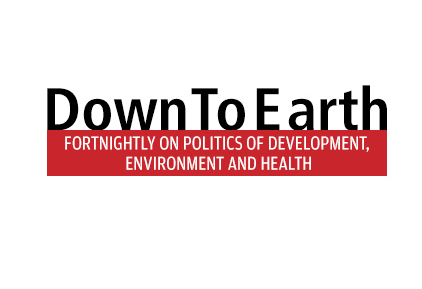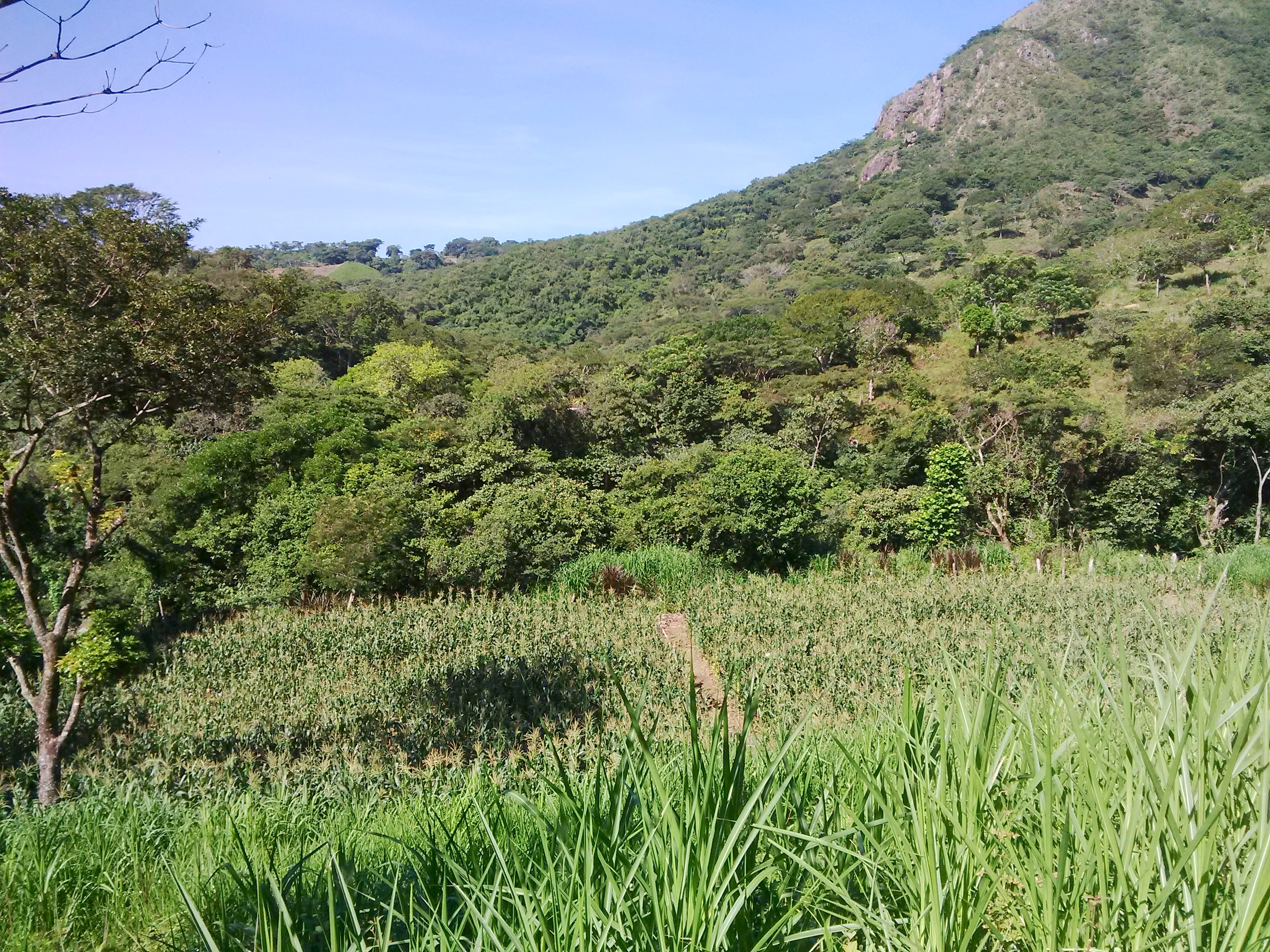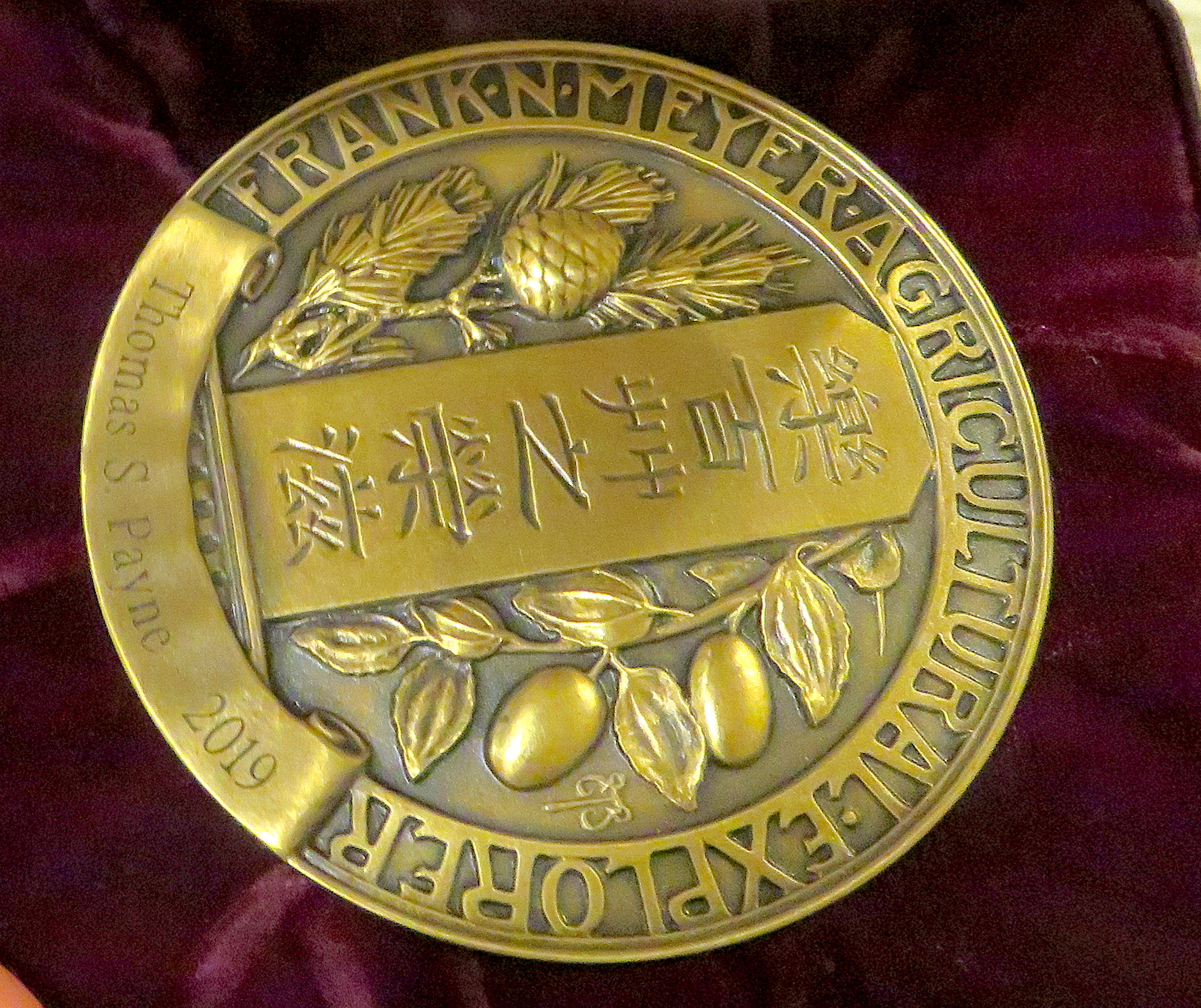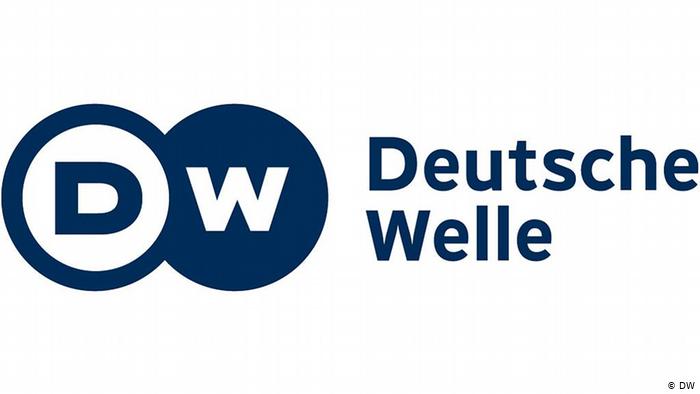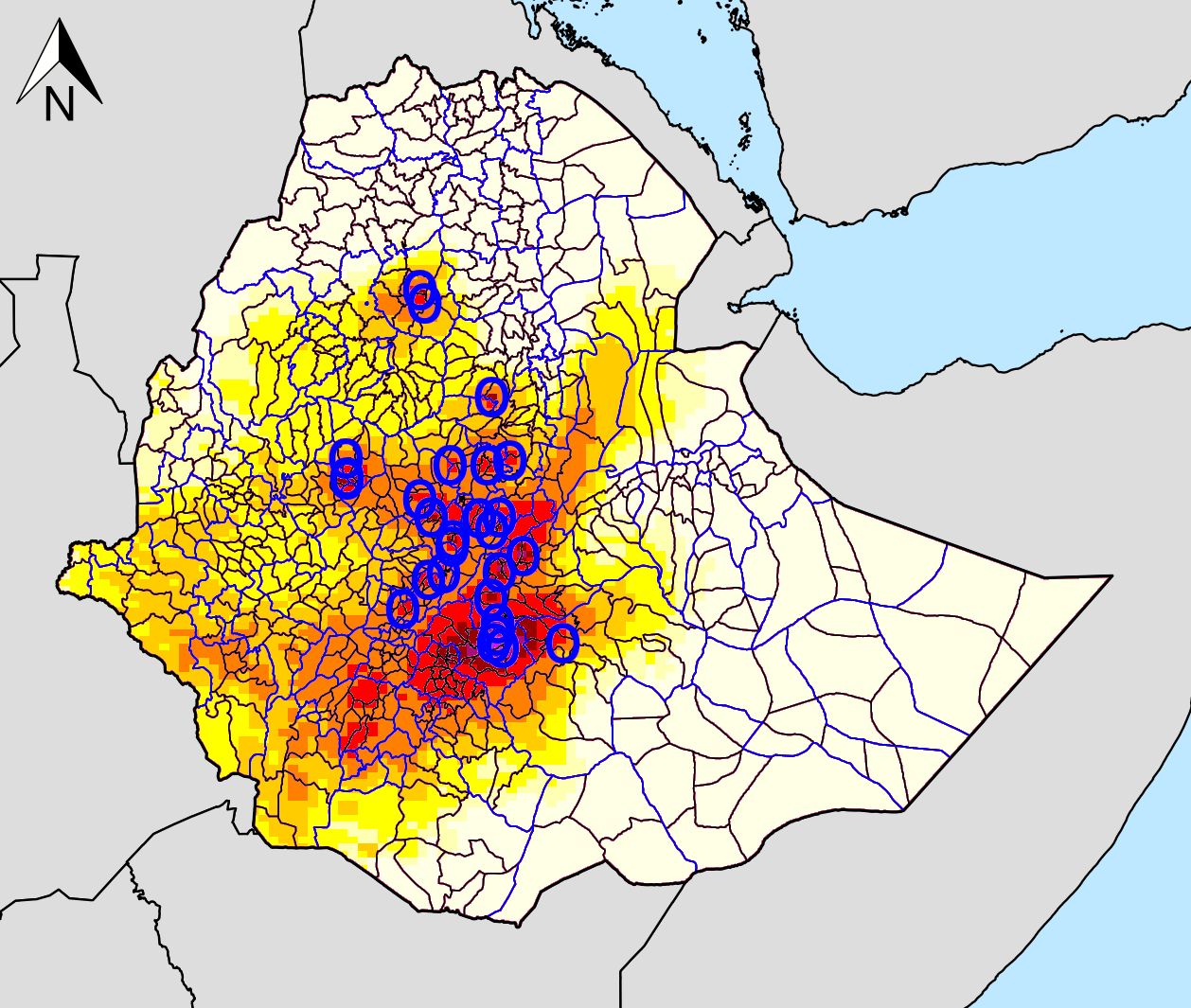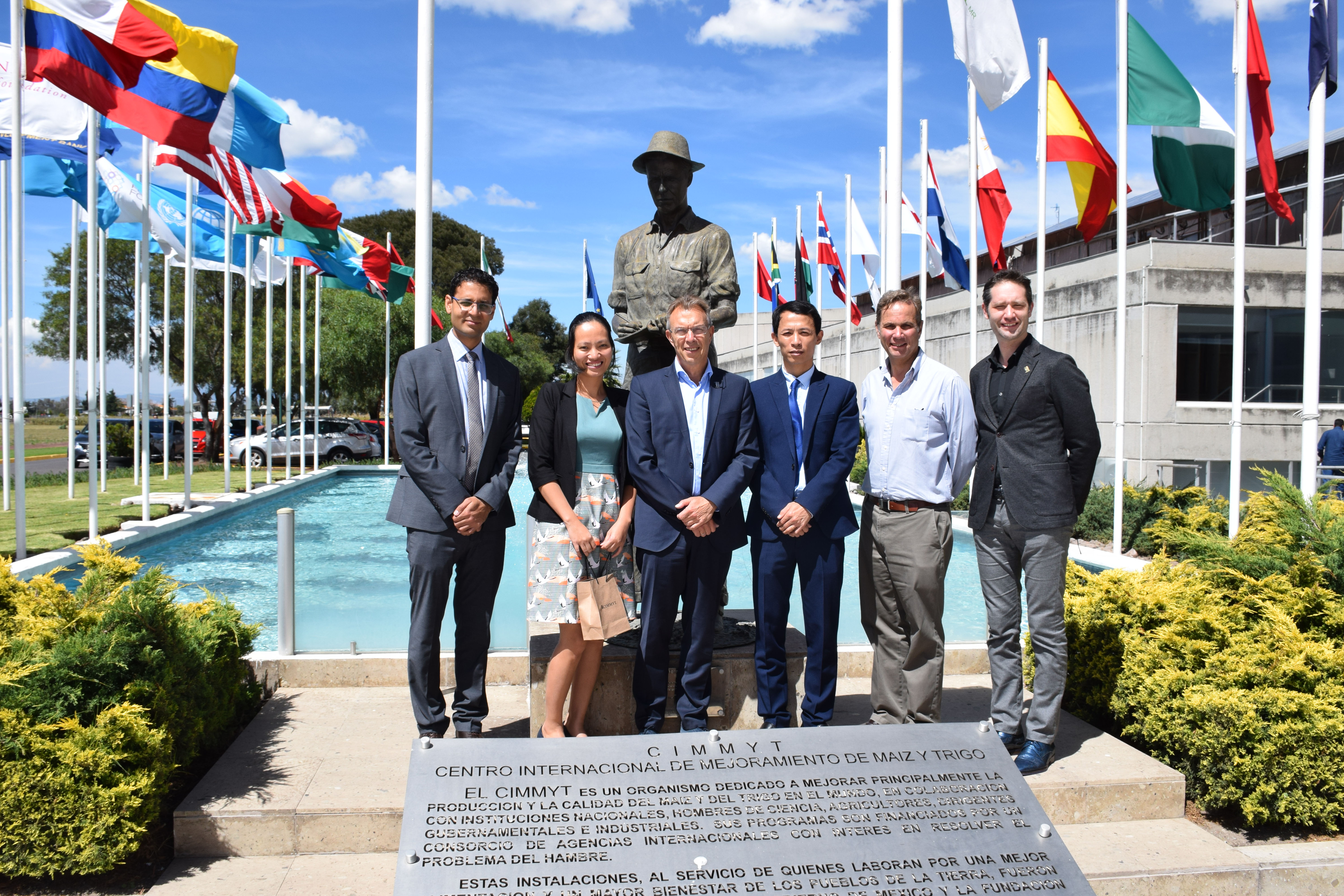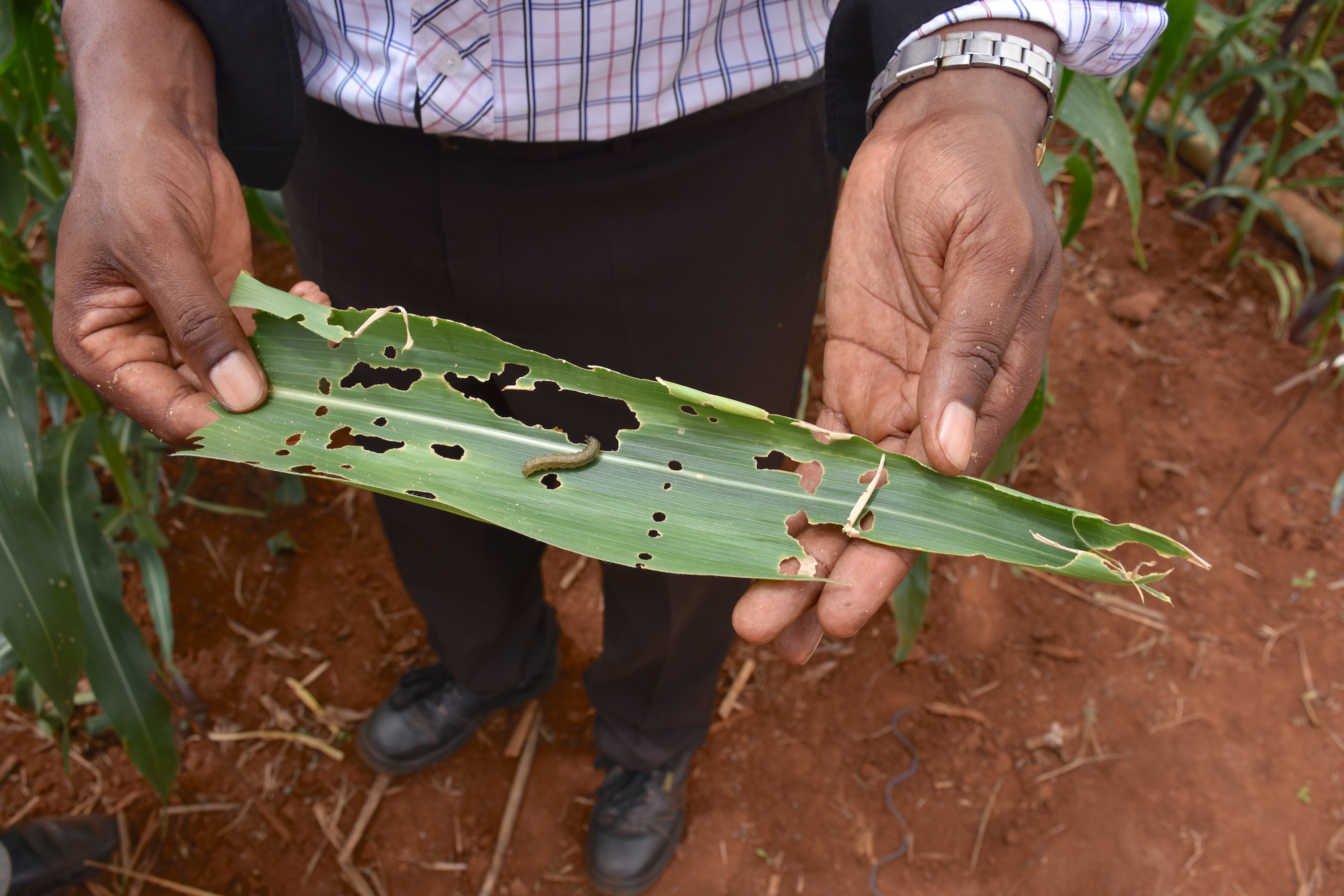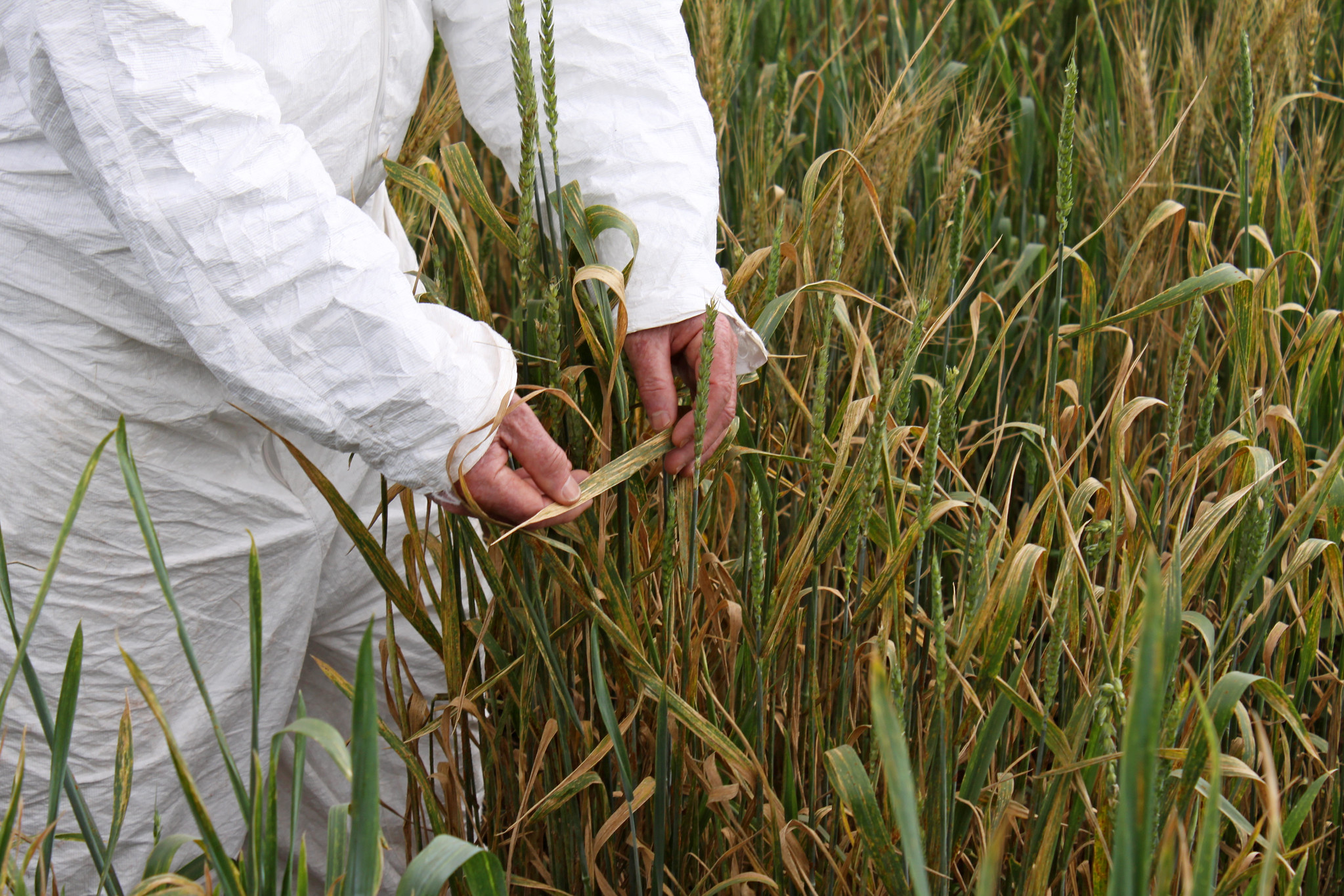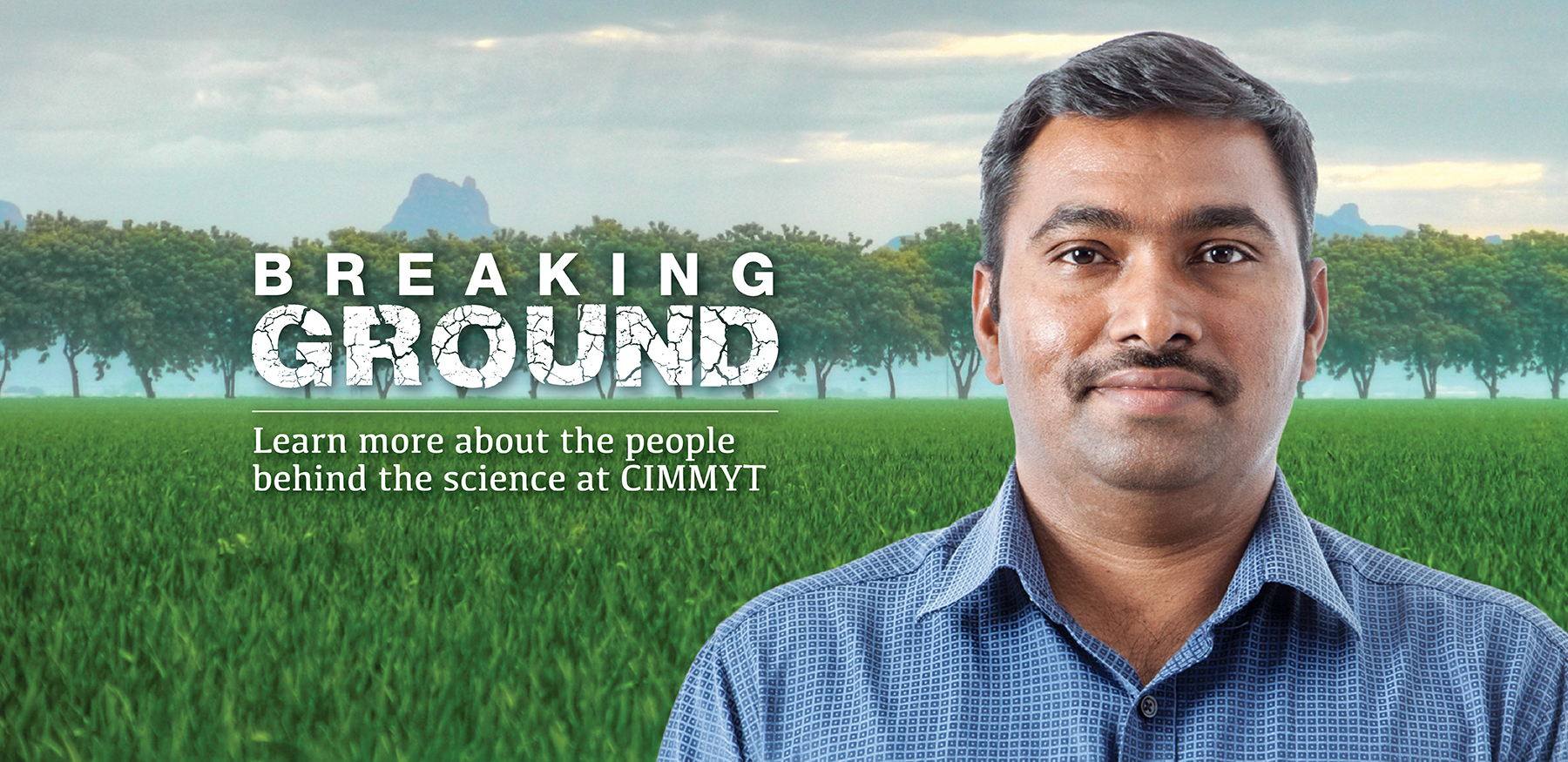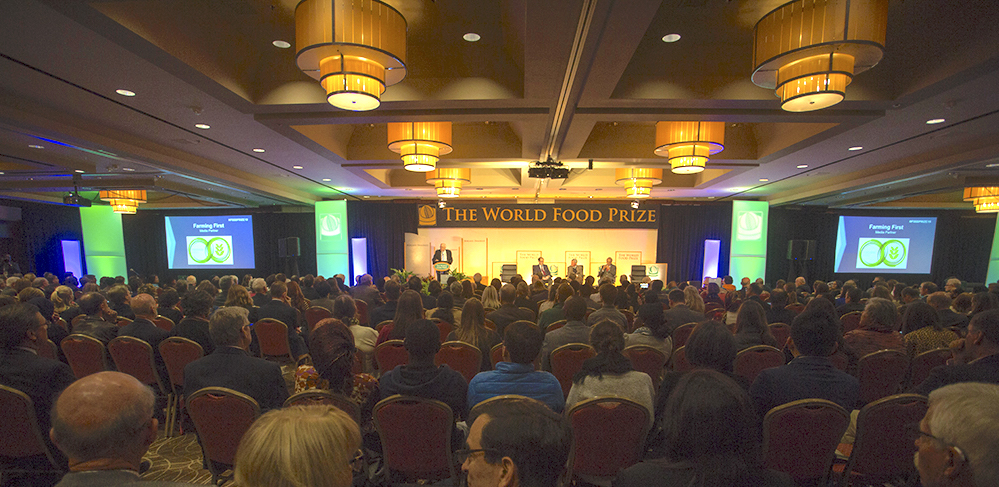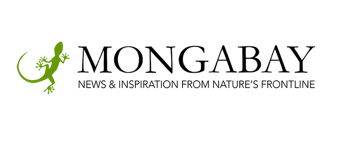Nutrition, health and food security
As staple foods, maize and wheat provide vital nutrients and health benefits, making up close to two-thirds of the world’s food energy intake, and contributing 55 to 70 percent of the total calories in the diets of people living in developing countries, according to the U.N. Food and Agriculture Organization. CIMMYT scientists tackle food insecurity through improved nutrient-rich, high-yielding varieties and sustainable agronomic practices, ensuring that those who most depend on agriculture have enough to make a living and feed their families. The U.N. projects that the global population will increase to more than 9 billion people by 2050, which means that the successes and failures of wheat and maize farmers will continue to have a crucial impact on food security. Findings by the Intergovernmental Panel on Climate Change, which show heat waves could occur more often and mean global surface temperatures could rise by up to 5 degrees Celsius throughout the century, indicate that increasing yield alone will be insufficient to meet future demand for food.
Achieving widespread food and nutritional security for the world’s poorest people is more complex than simply boosting production. Biofortification of maize and wheat helps increase the vitamins and minerals in these key crops. CIMMYT helps families grow and eat provitamin A enriched maize, zinc-enhanced maize and wheat varieties, and quality protein maize. CIMMYT also works on improving food health and safety, by reducing mycotoxin levels in the global food chain. Mycotoxins are produced by fungi that colonize in food crops, and cause health problems or even death in humans or animals. Worldwide, CIMMYT helps train food processors to reduce fungal contamination in maize, and promotes affordable technologies and training to detect mycotoxins and reduce exposure.
How Haryana cut stubble burning this season
 Innovations
Innovations
Source: Down to Earth (13 Nov 2019)
The state of Haryana has supplied machines like the Happy Seeder to farmers, who saw costs drop and yields increase this year.
Breakthrough in genetic research to improve SNB resistance in new wheat varieties
 Nutrition, health and food security
Nutrition, health and food security
Source: The Avon Valley and Wheat Belt Advocate (13 Nov 2019)
Four wheat lines from CIMMYT and ICARDA showed good resistance to fungal disease stagonospora nodorum blotch in assessment.
Closing the yield gap: Why localized analysis matters
 Nutrition, health and food security
Nutrition, health and food security
The effect of factors limiting production differs across regions, researchers observe.
Thomas Payne honored at gathering of crop science peers
 Innovations
Innovations
Head of CIMMYT Wheat Germplasm Bank receives Frank N. Meyer Medal for contributions to germplasm collection, conservation and use.
India pollution: How a farming revolution could solve stubble burning
 Innovations
Innovations
Source: Deustche Welle (8 Nov 2019)
CIMMYT scientist M.L. Jat argues that India now needs to undergo a second, “evergreen” revolution, driven by technology such as the happy seeder.
Scientists develop an early warning system that delivers wheat rust predictions directly to farmers’ phones
 Innovations
Innovations
New research describes a revolutionary early warning system that can predict and mitigate wheat rust diseases in Ethiopia.
Vietnam strengthens ties with CIMMYT
 Capacity development
Capacity development
Visit to CIMMYT headquarters reaffirms research collaboration.
Fight against fall armyworm in Asia benefits from experience in other regions
 Capacity development
Capacity development
Scientists mobilize African and Latin American knowledge to protect Asia’s maize.
What it takes to bring the best seed to farmers
 Capacity development
Capacity development
CIMMYT’s board witnesses the results of impactful research and market partnerships in Kenya.
New publications: Special collection on wheat genetics and breeding
 Nutrition, health and food security
Nutrition, health and food security
Researchers present highlights from 40 years of collaboration on wheat genomics, breeding for disease resistance and quality improvement.
Breaking Ground: Velu Govindan is mainstreaming zinc to combat hidden hunger
 Innovations
Innovations
CIMMYT wheat breeder supports smallholder farmers without access to a diversified diet by improving nutritional quality in wheat.
Climate, nutrition and security challenges require global food system transformation
 Climate adaptation and mitigation
Climate adaptation and mitigation
The 2019 Borlaug Dialogue explored solutions to feed the planet sustainably in the face of conflict and climate change.
A scramble for solutions as fall armyworm infestation sweeps Africa
 Nutrition, health and food security
Nutrition, health and food security
Source: Mongabay (24 Oct 2019)
CIMMYT Systems Agronomist Frédéric Baudron advocates a multipronged approach to protect maize crops from the invasive pest.
Kellogg supplies Mexican corn with sustainable planting
 Climate adaptation and mitigation
Climate adaptation and mitigation
Source: Milenio (21 Oct 2019)
MasAgro is supporting conservation agriculture and the sustainable production of maize in Mexico.
Sharp rise in Punjab-Haryana farm fires ahead of Diwali
 Nutrition, health and food security
Nutrition, health and food security
Source: Times of India (21 Oct 2019)
CIMMYT Principal Scientist M.L. Jat notes high number of happy seeders in Haryana and Punjab.
